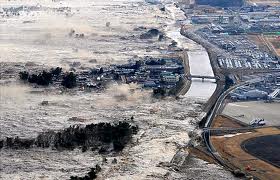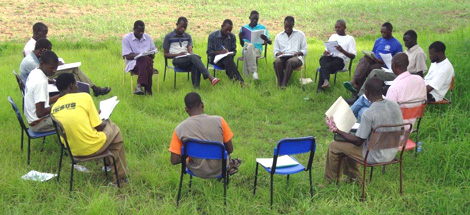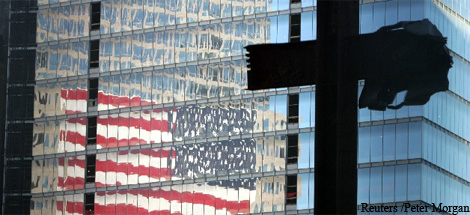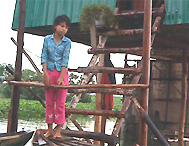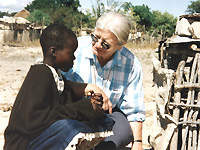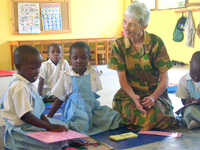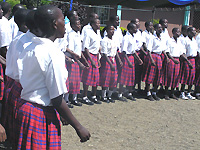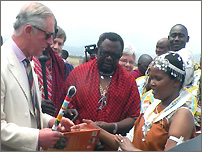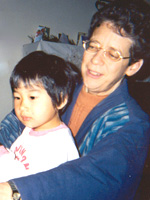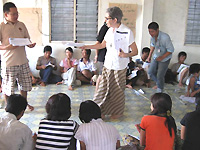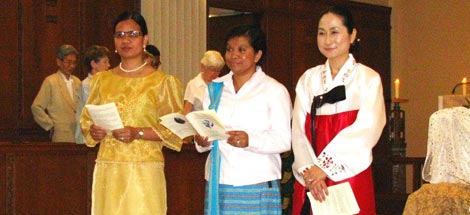
Gloria Ardenio Agnes (l), Isabel da Costa Araujo (c), and HyunJung Kim (r) will join Maryknoll’s Catholic religious women who have one purpose—to make God’s love visible to all.
On Sunday, August 14, 2011, three young women came together in our 80-year-old chapel in New York. At half past ten in the morning, the women approached the altar to profess solemn religious vows for the first time. The special liturgy is rooted in ancient rites passed down to us as Maryknoll Sisters.
Sister Isabel da Costa Araujo is from East Timor, where poverty is rampant. Where did Isabel find inspiration to become a religious Sister?
“I saw the openness of Maryknoll Sisters to learn and discuss with local people about their real needs and create different programs to help the people to develop their capacity to build up their life. Sister Susan Gubbins had become an interesting person in my journey to Maryknoll. She was my spiritual director ever since the Sisters arrived in East Timor in Aileu. Then I had an invitation from Sister Susan. She tickles me on the right side body and when I looked at her smiling face, she said, ‘Do you think about Maryknoll?’ And I said, ‘Do you think I can?’ She replied, ‘Yes, you can!’ She said, ‘Come and talk with me after (Mass).’ This was a first call resonate in my heart to become a Maryknoll Sister in 2004.”
Sister HyunJung Kim is from South Korea. In many places, people’s search for meaning can be disrupted in their day-to-day struggles. What’s going on in South Korea that inspired HyunJung to lead a Maryknoll life?
“When I was working with one of the Korea-region Maryknoll Sisters, I was inspired by her humble and joyful life-sharing with women who are survivors of violence such as sex abuse, domestic violence, and human trafficking, and by her attitude to honoring her own vulnerability.”
Sister Gloria Ardenio Agnes is from the Philippines. She sees in the world unending war, discrimination of women and children, the abuse of our ecology, and increasing poverty. What does this week of first vows for Gloria really mean?
“My incoming first profession is very significant to me. It will be a public profession and witnessing of the other option of life in the midst of globalization. It might be an hour ceremony and yet a lifetime commitment. My first profession will define my identity and tell me where I belong and at the same time asking me to be a more responsible member.”

